

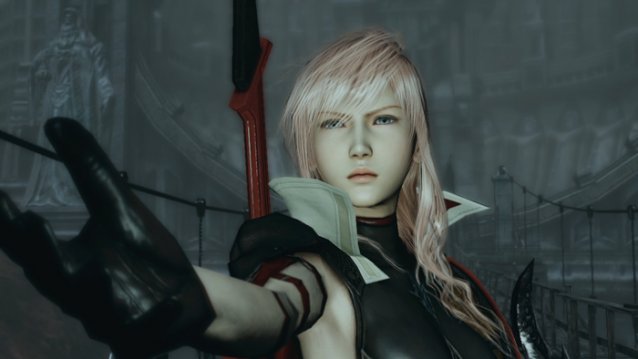
Lightning Returns: Final Fantasy XIII has this odd tendency to put out sounds that make me think someone is knocking on the door to my apartment. This served to put me on edge, just because I assume being surprised by a knock on my door will be a bad thing -- this is just one of my many weird psychological hangups. But every time Lightning would run across carpet or a couple of the tracks from the score play, I’d hear a vaguely door-knocking sound, get slightly freaked and enjoy everything a bit less.
And that is the story of Lightning Returns. Its core game mechanics are absolutely brilliant, its setting impossibly intriguing, but the developers at Square Enix seemed intent on burying the quality with some really bad presentation.
Lightning Returns picks up 500 years after the end of Final Fantasy XIII-2, when the goddess Etro was killed and the Unseen Chaos became visible and began to destroy the world. In the intervening period the humans of the world -- now known as Nova Chrysalia after Pulse and Valhalla merged because don’t ask, please -- have stopped aging and stopped being able to have kids. The Chaos slowly eats away at the world, and the population slowly dies -- though immortal, people can be killed by violence or disease. And as the game begins, the world is 13 days from its end.
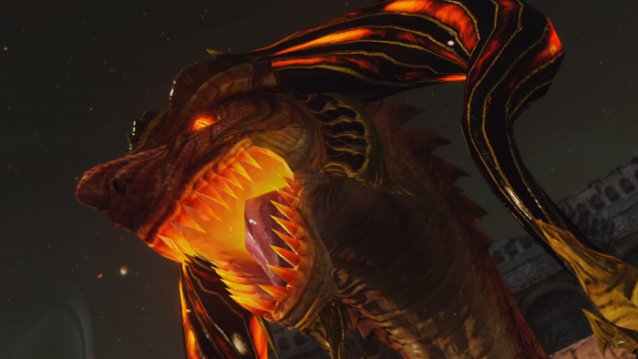
Wow! What an amazing concept. 500 years of Children of Men should provide so much to chew on, but nah. There’s no attempt at exploring that, really, and the combination of that and human existence coming to a close is really, really not explored. People are just going about their business trying to better themselves in order to improve lives that everyone knows are about to end without a hint of existential drama. Very strange.
What becomes more interesting is Lightning’s tale. At the end of XIII-2, the fal’Cie god Bhunivelze entered the scene with a new Cocoon station, and Lightning takes on the role of his servant who will go into the world and save souls that will migrate to this new spot once existence on Nova Chrysalia ends. Bhunivelze is known throughout the world, and most often referred to simply as God. The real-world religious connotation of calling him God is not an insignificant one, and Lightning’s struggle to decide if working for God is really a good thing for people is the one way the potential in the setting actually comes through in the telling.
But where Lightning Returns actually transcends its subfranchise is in mechanics and structure. It’s 13 days from the end of the world, and Lightning is on a ticking clock. The main story quests involve traveling what remains of the world and eliminating infusions of Chaos that might hasten the end, and meanwhile she needs to save everyone she can by doing sidequests. The latter mechanic is pretty hilariously contrived as being saved tends to involve having some kind of personal breakthrough in Lightning’s presence, but there are some touching moments here and there nonetheless.
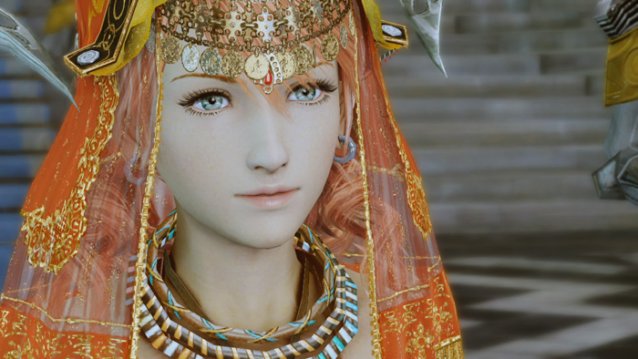
This time we’re not playing through one long dungeon but an open world big enough to feel significant but never overwhelming. There are two cities to see, but the untamed spaces of the Wildlands (woods and grassy fields) and Dead Dunes (desert) are the best spots because roaming them is actually exploration. Each of the four locations are decidedly unique in circumstance as well as appearance, with Yusnaan’s gluttonous lifestyles contrasting with the structured nature of Luxerian’s religion-dominated society, and the Wildland’s disparate communities all existing in their own contexts.
The ticking clock is less of a hurrying mechanic than it is in a Dead Rising game and more of a means of hammering home how finite the world is at this stage. If you really want to do every sidequest you’ll have plenty of time to do so (this won’t change the ending, though), but the general sense of foreboding the clock provides is a nice bit.
Early on it has the potential to throw you for a loop, though, as my favorite thing about the game takes a bit of effort to get used to. Said thing is how sidequest objectives are never marked on the map or mini-map. Not being led by the hand is scary at first, but eventually thrilling. No doubt playing The Elder Scrolls Online with its “walk around clicking on the things it tells you to click” structure simultaneously with Lighting Returns aided me in liking the latter’s more freewheeling nature. But, really, I just like how when someone tells you to go find something or someone you actually should have to do some finding. This doesn’t even really pad the length of the game, as mine clocked in at about 40 hours, much less than I’d expected. That’s a huge positive.
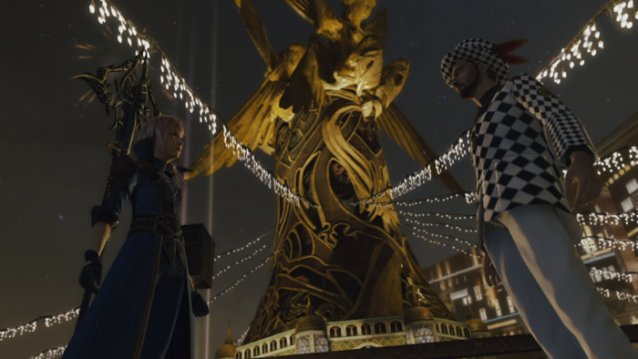
And finally the combat is engaging. This time you only control Lightning, and during battle you’ll flip through collections of abilities that you curate, and you can customize your gear how you want. It’s still very simple, but you have to engage in order to win, because you’ll need to block enemy attacks with your shield (or dodge) while exploiting weaknesses. Some foes still take far too long to beat in a dungeon setting, but you can mostly avoid those enemies when you want to unless it’s a story boss.
You can even change what Lightning wears during cutscenes, by the way, even to the point of giving her a mustache. It’s super great.
As you’d expect, the main quests all involve characters you know from the previous games, like Sazh, Snow, Vanille, Fang, Noel, and even some dead folks I won’t mention. Hope is a kid again and serves as Lightning’s handler and overwatch as he keeps track of and helps out her mission in the world. And, weirdly, a girl named Lumina -- inhabiting Lightning’s sister Serah’s body, or one which looks exactly like it -- is a player in everything going on. Though nobody seems even a little curious what she is, which was odd and disconcerting when that topic finally comes up at the end of the game.

Lumina is indicative of Lightning Returns’ greatest problem: all the dialogue is bad. All of it. This is a topic that I’d have to write a book about to fully parse, but the emblem of the badness of the text is that a few plot points are introduced several times, with each instance treated as if it’s the first. It was infuriating and insulting every time that occurred.
And that’s Lightning Returns: Final Fantasy XIII. It’s borne of brilliant ideas that it’s difficult to enjoy because I keep thinking somebody is knocking on my door. It buries the best aspects of its setting under crap writing and a disinterest in its themes, but that I found it quite playable anyway is quite an achievement.
I hated Lightning Returns, but I also love it. Its greatness nearly ruined by bad packaging.
5/10
A copy of the game was provided by the publisher for the purpose of this review.
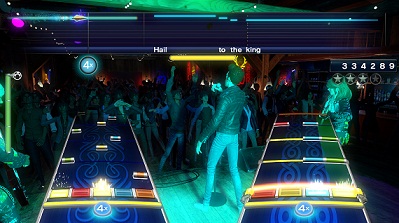
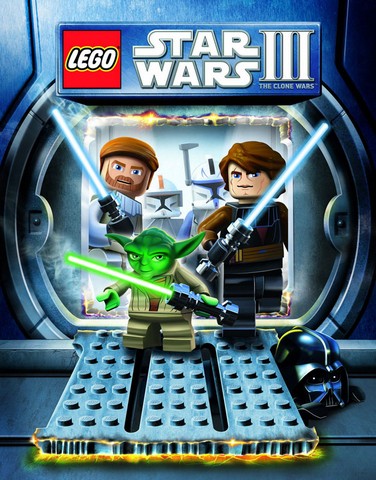
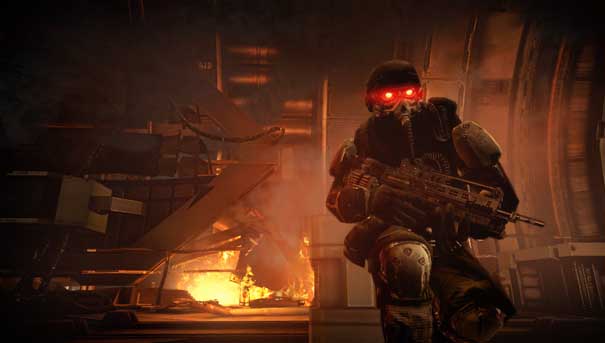
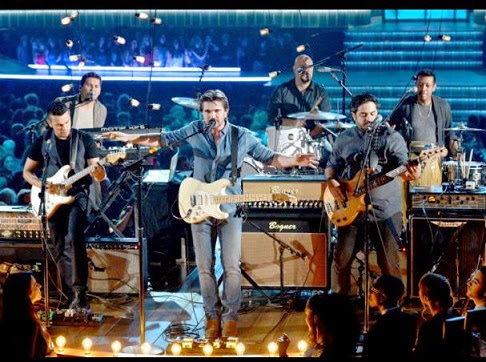
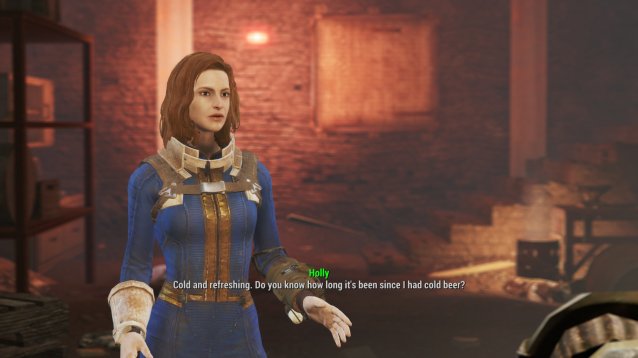 Fallout 4 Guide: How To Use The Gwinnett Beer Recipe Holotapes
Fallout 4 Guide: How To Use The Gwinnett Beer Recipe Holotapes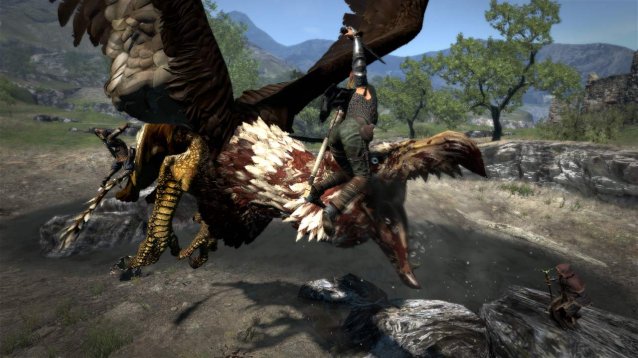 East Meets West: Whatever Happened to the JRPG?
East Meets West: Whatever Happened to the JRPG?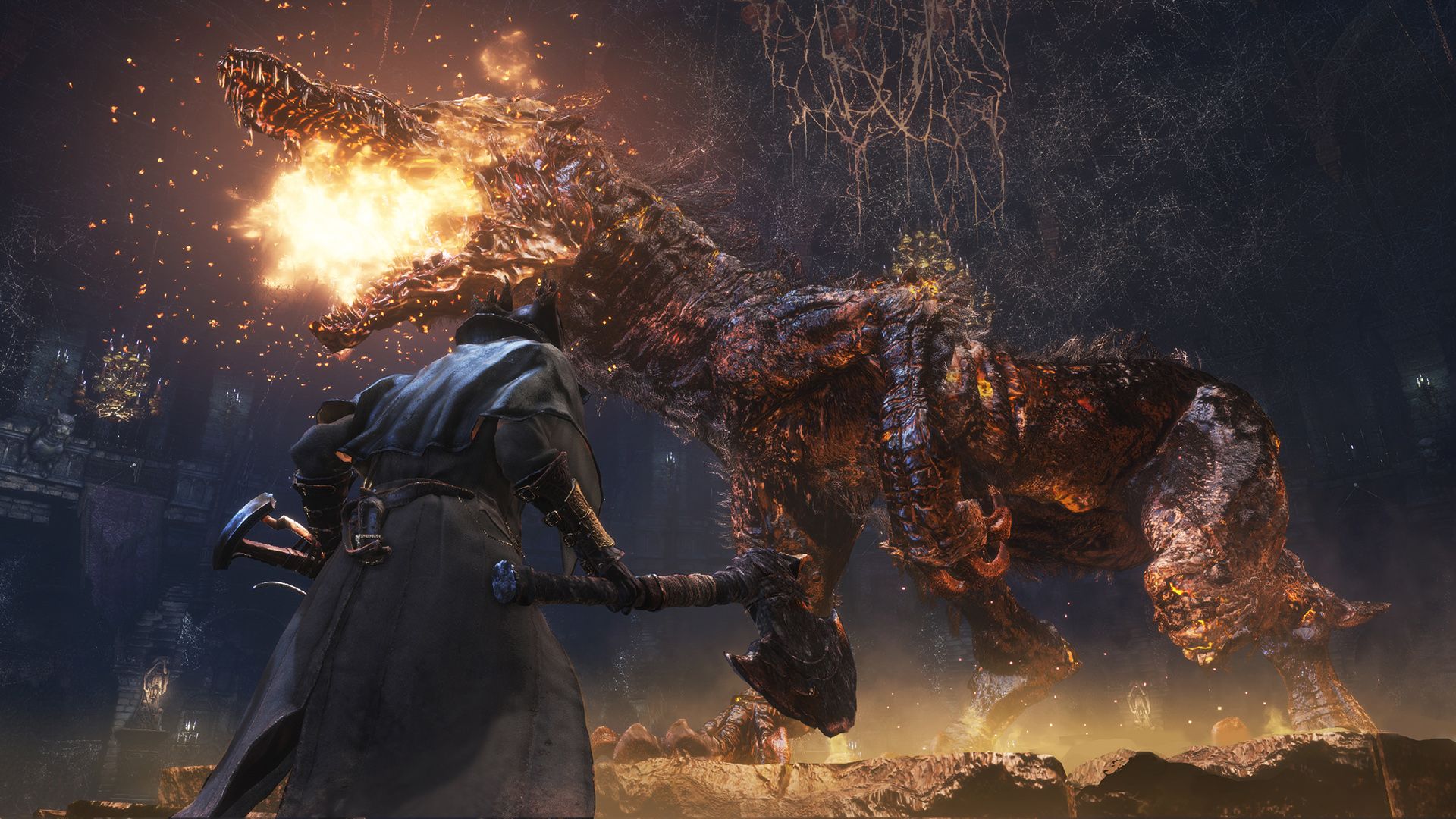 Welcome to Bloodborne: Heres what I wish Id known from the start
Welcome to Bloodborne: Heres what I wish Id known from the start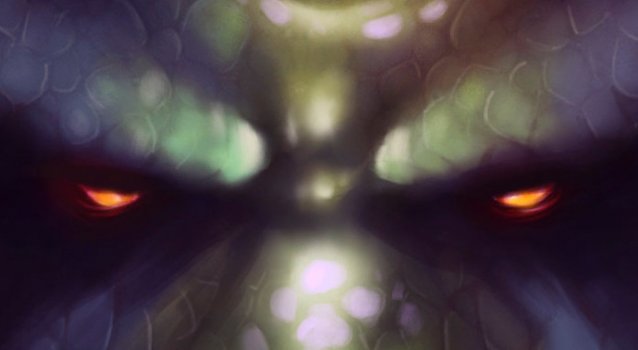 Top 20 Best Survival Horror Games of All Time
Top 20 Best Survival Horror Games of All Time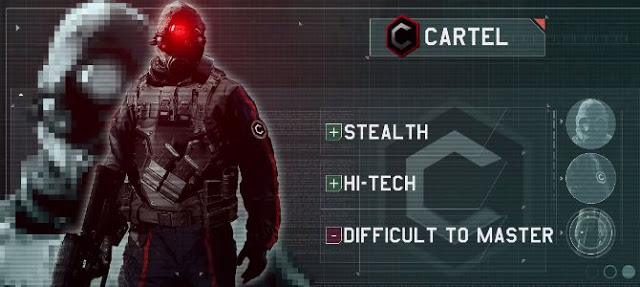 Act of Aggression (PC) Cartel faction guide
Act of Aggression (PC) Cartel faction guide